Construction of Medical Education Building to start in July
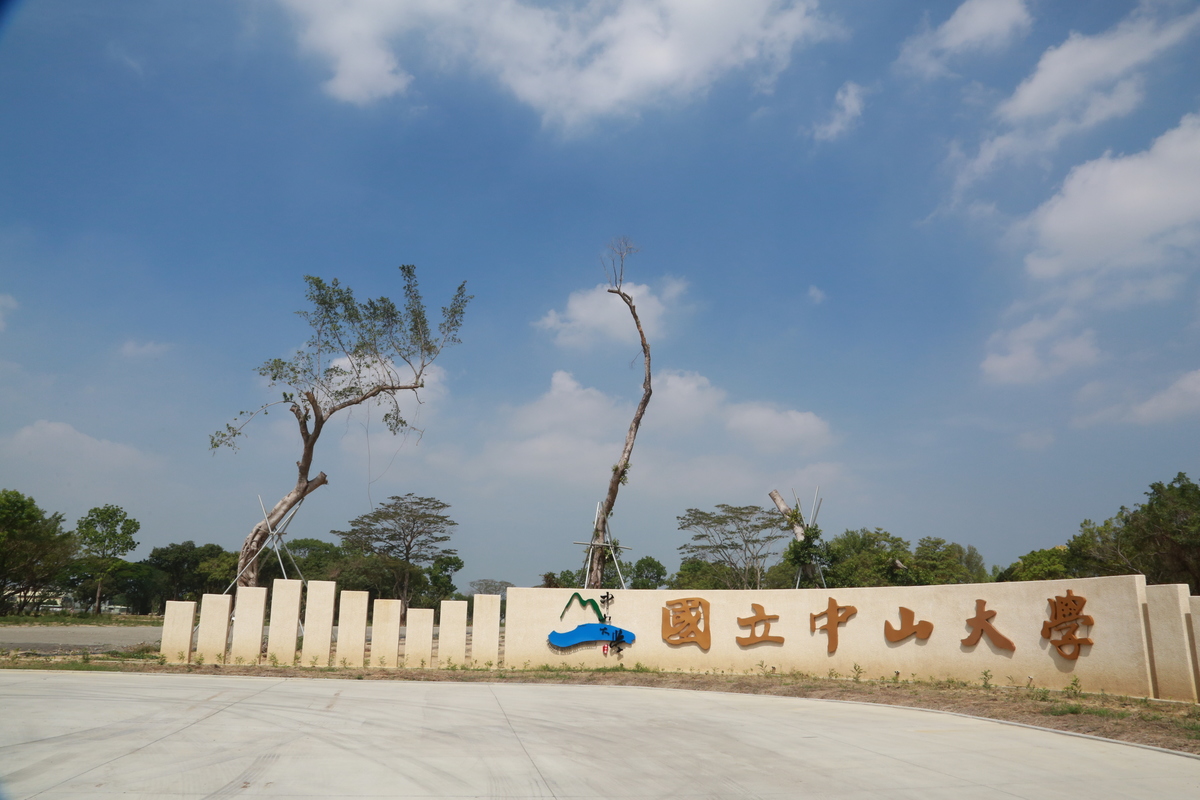
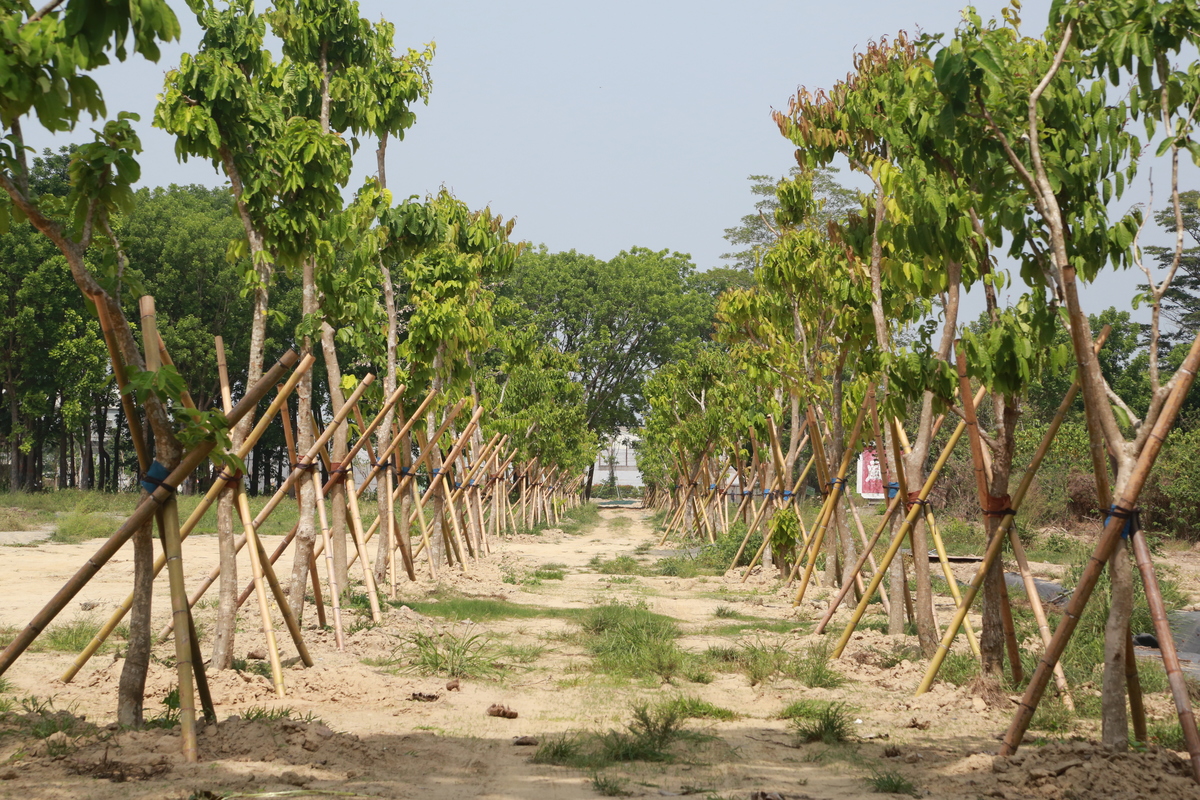
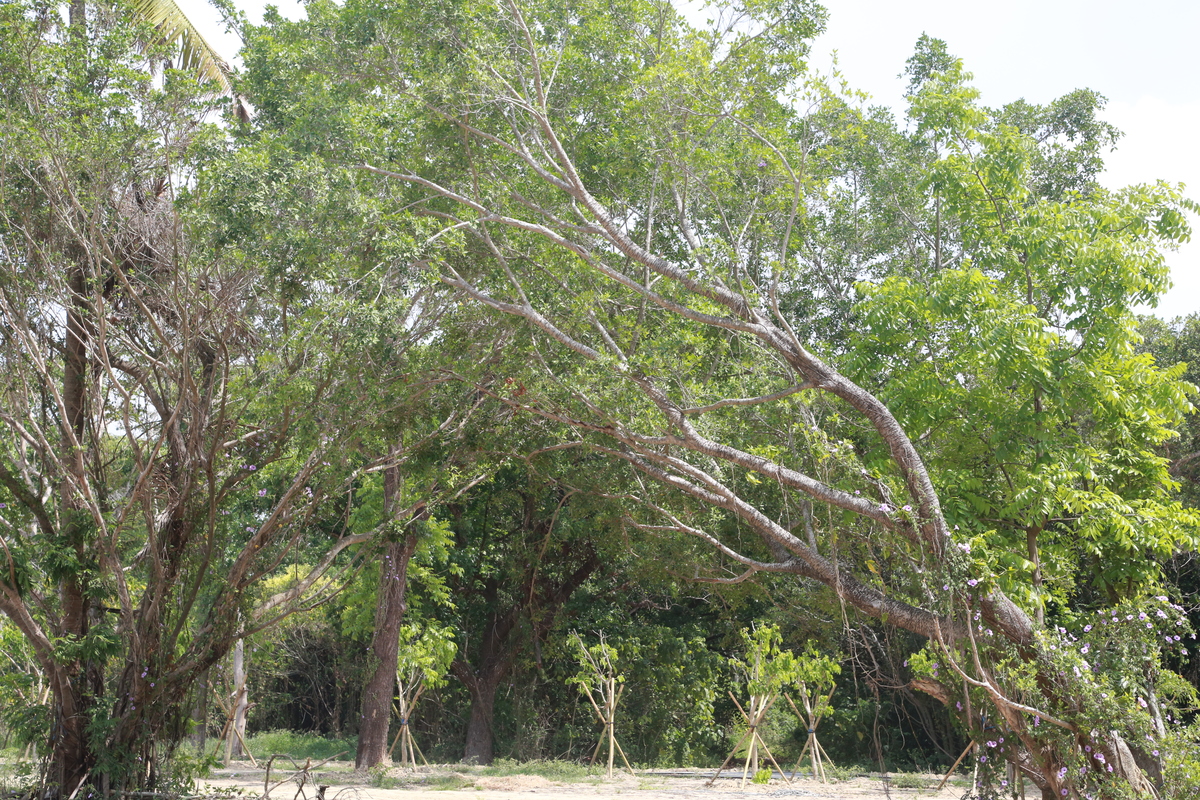
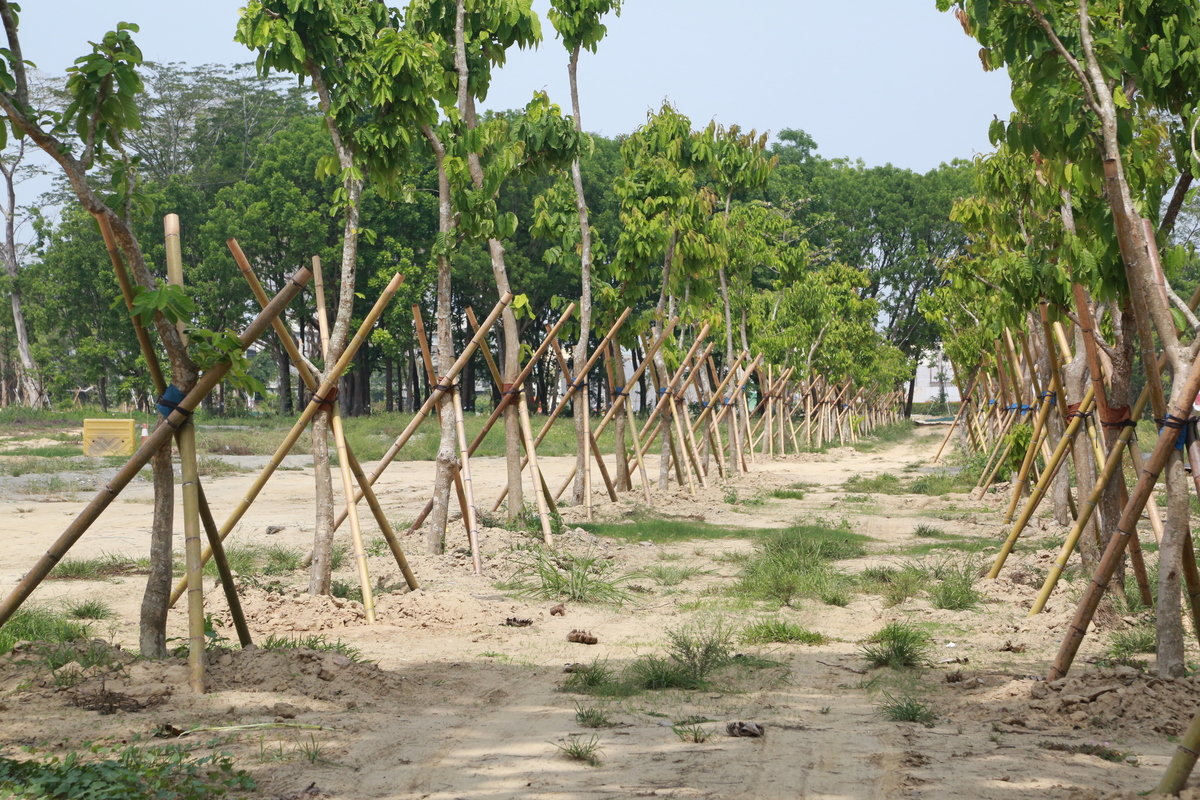
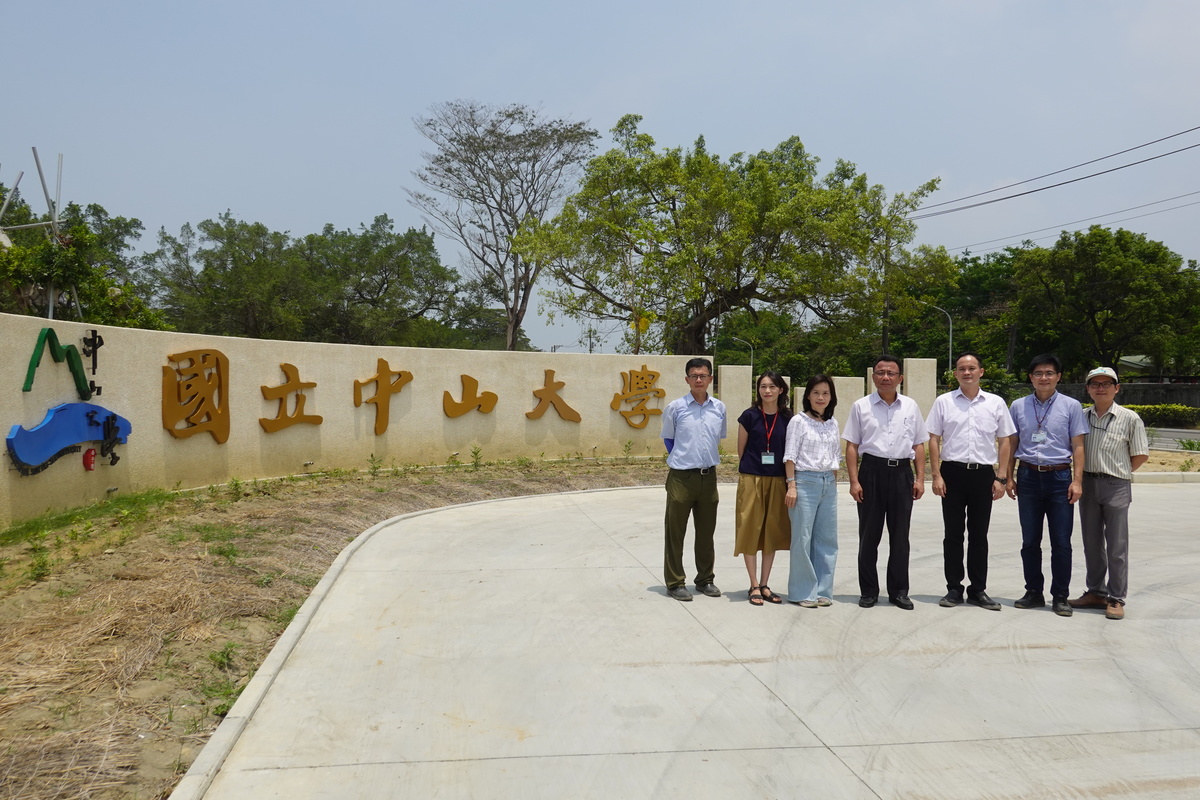
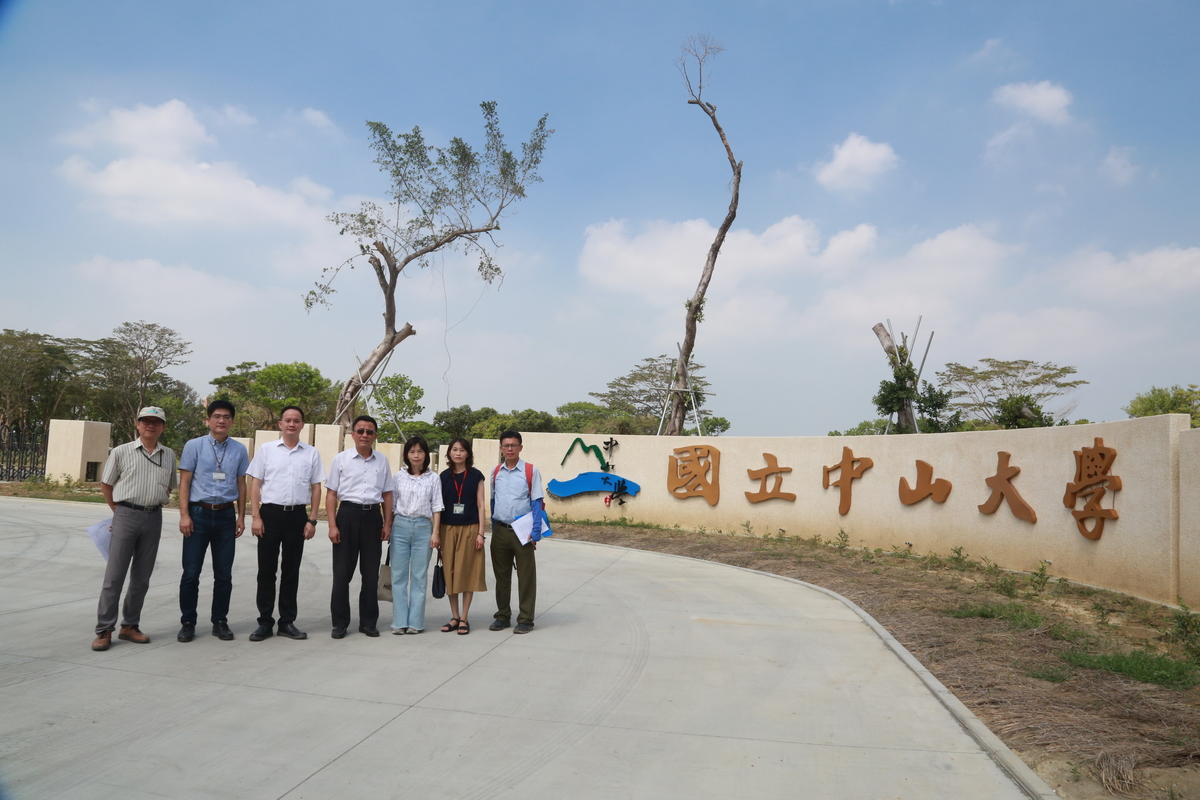
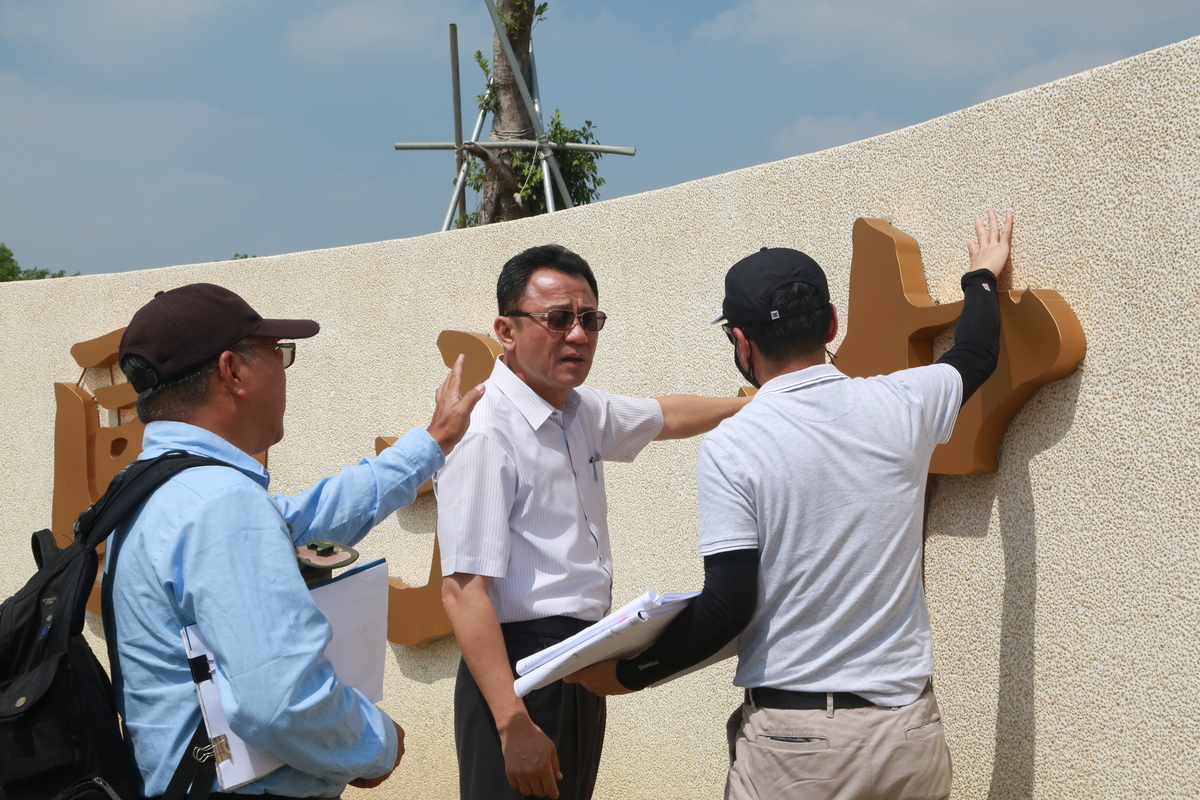
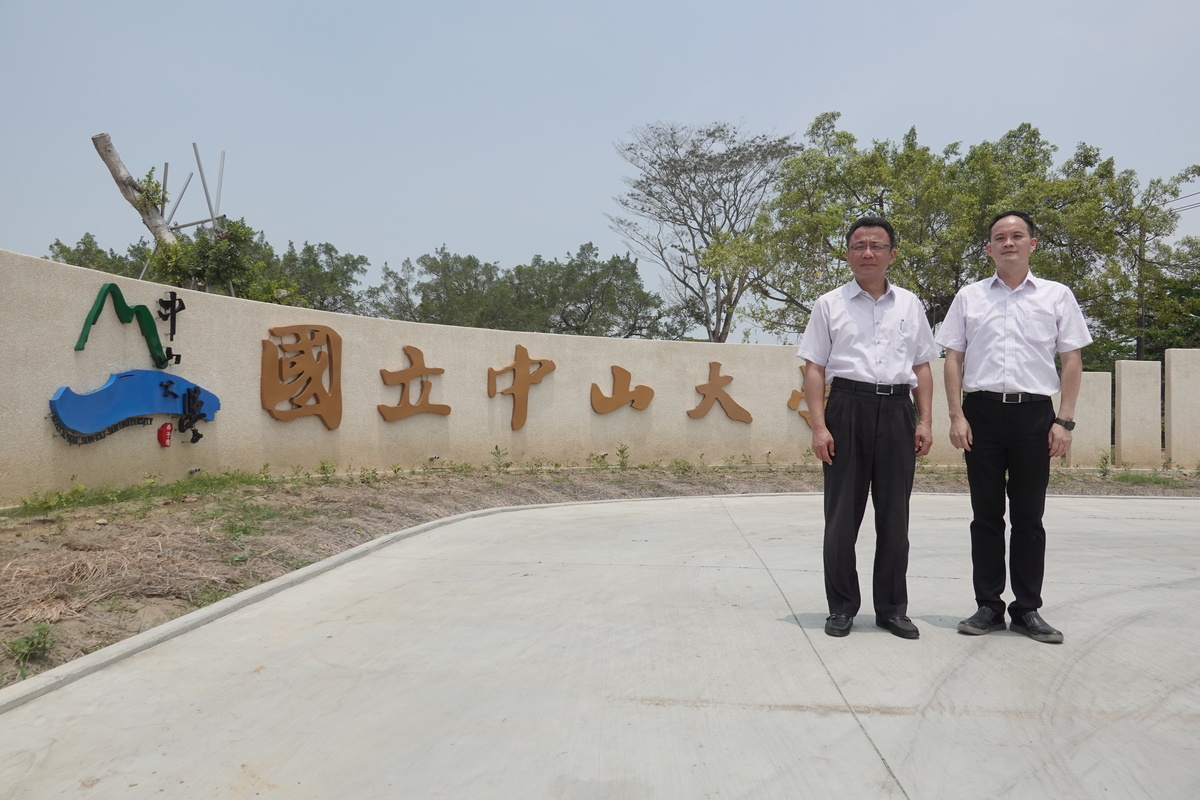
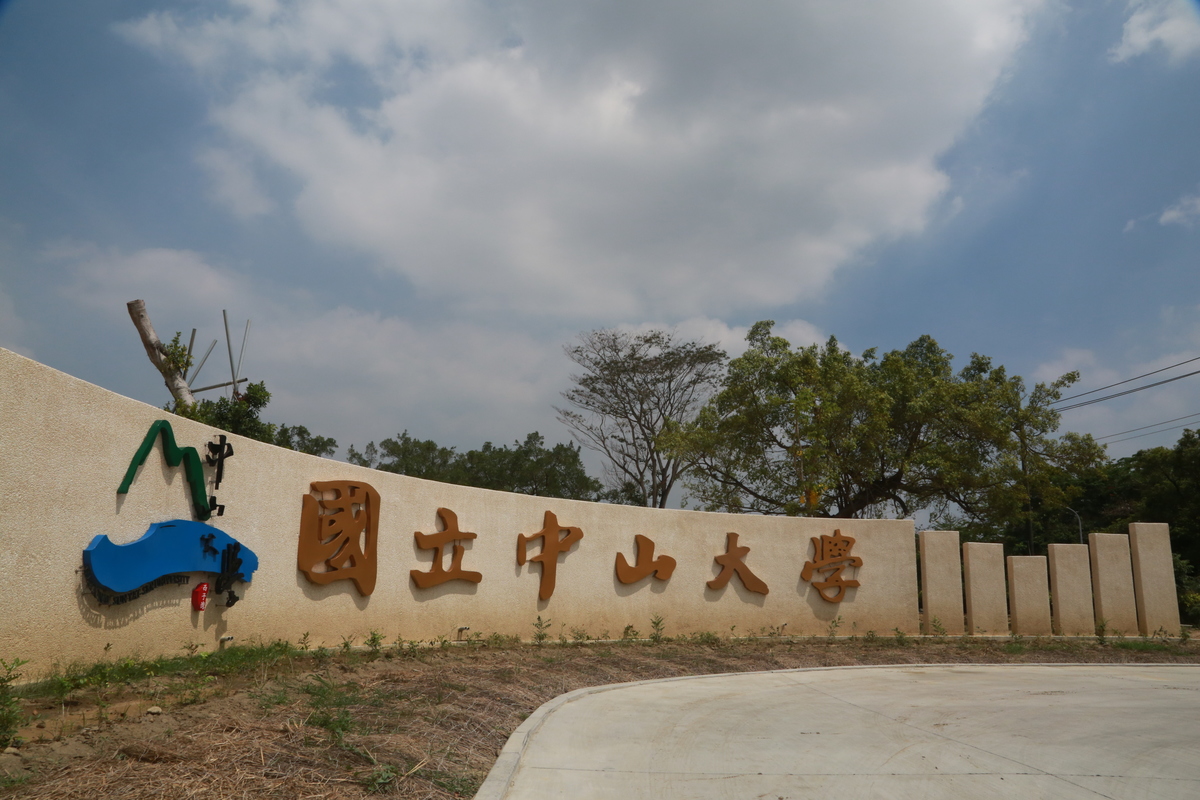
2021-05-19
NSYSU is in the process of establishing a public-financed School of Post-Baccalaureate Medicine, and is constructing a new Renwu Campus on an area of 24 hectares that is to become a new hub for medical studies. The Campus is to be divided into three areas dedicated to AI medicine, smart healthcare, and recreation. The construction works are in progress and four buildings: Medical Education Building, Medical Research Building, Da Ai Building (dissection laboratories), and staff and students’ dormitories with a cafeteria are scheduled to be completed within 5 years. The construction of the Medical Education Building is scheduled to start in July this year and be completed by September 2023.
NSYSU President Ying-Yao Cheng said that the Medical Education Building in Renwu Campus will have 7 floors (including one underground) and a total area of 3,160 ping (around 10,446 m2). He said that the construction was supported by an outstanding alumnus and the CEO of Ba Ba Business Chung-Hui Huang, who promised to donate NTD 200 mln. Senior Vice President I-Yu Huang was in charge of the planning and design and invited scholars and experts from NSYSU and off-campus to contribute to the planning process and convened a review meeting of the design team in February, hoping to finalize a design draft in May this year. The Kaohsiung City Government provided support in the review and coordination process: environmental impact analysis and evaluation, improvement of the drainage connection on the west side of the base, installation of a sewerage system, urban planning review, and now – application for the building permit, to successfully finalize the construction project.
President Ying-Yao Cheng pointed out that the Medical Research Building and Da Ai Building (dissection laboratories) will have 8 floors (including one underground) and a total area of 4800 ping (15,868 m2). He said that in March this year, he convened a meeting to discuss the space and needs of the facilities and that another meeting is scheduled for mid-May to review the basic design of Da Ai Building. Many of NSYSU’s alumni have already signed letters of intent to donate funds to cover the related budget. The construction of all four buildings is to be completed before 2025. By then, the pool of strengths of NSYSU – science, engineering, marine sciences, liberal arts, management, and social sciences will have expanded to medical fields: AI telemedicine, health economics, precision and environmental medicine, and precision and preventive medicine to cultivate future talents in the field of smart healthcare, balance disparities between regions in the access to medical resources and stimulate the development of the healthcare industry chain in Greater Kaohsiung and southern Taiwan.
The land levelling of the 24 ha area of Renwu Campus was completed in December 2020, which included base elevation adjustment, drainage facilities for retention ponds, tree clearing and grass planting. A special feature is the installation of three large landscape retention ponds, fully stagnant during periods of heavy rainfall, and retaining the runoff water from the campus base without putting pressure on the community irrigation canals, and adding plants and greenery around the ponds. Besides, a green area of 4 ha is planned for health education, research and leisure.
NSYSU stated that the facilities on Renwu Campus will be provided for use by the School of Post-Baccalaureate Medicine, the Institute of Precision Medicine, the Institute of Biotechnology and Pharmaceutical Research, the Institute of Medical Science and Technology, and the Institute of Biomedical Science. In the future, to respond to the developments in medical education, other departments and institutes will be established. The College of Medicine will become the first public institution of this kind in Greater Kaohsiung and will combine the University’s research capacity in material science and electrical engineering to nurture medical scientists and provide cross-disciplinary medical education different from the traditional medical formation, and lay the foundations for the expansion of medical fields.
NSYSU is in the process of establishing a public-financed School of Post-Baccalaureate Medicine, and is constructing a new Renwu Campus on an area of 24 hectares that is to become a new hub for medical studies. The Campus is to be divided into three areas dedicated to AI medicine, smart healthcare, and recreation. The construction works are in progress and four buildings: Medical Education Building, Medical Research Building, Da Ai Building (dissection laboratories), and staff and students’ dormitories with a cafeteria are scheduled to be completed within 5 years. The construction of the Medical Education Building is scheduled to start in July this year and be completed by September 2023.
NSYSU President Ying-Yao Cheng said that the Medical Education Building in Renwu Campus will have 7 floors (including one underground) and a total area of 3,160 ping (around 10,446 m2). He said that the construction was supported by an outstanding alumnus and the CEO of Ba Ba Business Chung-Hui Huang, who promised to donate NTD 200 mln. Senior Vice President I-Yu Huang was in charge of the planning and design and invited scholars and experts from NSYSU and off-campus to contribute to the planning process and convened a review meeting of the design team in February, hoping to finalize a design draft in May this year. The Kaohsiung City Government provided support in the review and coordination process: environmental impact analysis and evaluation, improvement of the drainage connection on the west side of the base, installation of a sewerage system, urban planning review, and now – application for the building permit, to successfully finalize the construction project.
President Ying-Yao Cheng pointed out that the Medical Research Building and Da Ai Building (dissection laboratories) will have 8 floors (including one underground) and a total area of 4800 ping (15,868 m2). He said that in March this year, he convened a meeting to discuss the space and needs of the facilities and that another meeting is scheduled for mid-May to review the basic design of Da Ai Building. Many of NSYSU’s alumni have already signed letters of intent to donate funds to cover the related budget. The construction of all four buildings is to be completed before 2025. By then, the pool of strengths of NSYSU – science, engineering, marine sciences, liberal arts, management, and social sciences will have expanded to medical fields: AI telemedicine, health economics, precision and environmental medicine, and precision and preventive medicine to cultivate future talents in the field of smart healthcare, balance disparities between regions in the access to medical resources and stimulate the development of the healthcare industry chain in Greater Kaohsiung and southern Taiwan.
The land levelling of the 24 ha area of Renwu Campus was completed in December 2020, which included base elevation adjustment, drainage facilities for retention ponds, tree clearing and grass planting. A special feature is the installation of three large landscape retention ponds, fully stagnant during periods of heavy rainfall, and retaining the runoff water from the campus base without putting pressure on the community irrigation canals, and adding plants and greenery around the ponds. Besides, a green area of 4 ha is planned for health education, research and leisure.
NSYSU stated that the facilities on Renwu Campus will be provided for use by the School of Post-Baccalaureate Medicine, the Institute of Precision Medicine, the Institute of Biotechnology and Pharmaceutical Research, the Institute of Medical Science and Technology, and the Institute of Biomedical Science. In the future, to respond to the developments in medical education, other departments and institutes will be established. The College of Medicine will become the first public institution of this kind in Greater Kaohsiung and will combine the University’s research capacity in material science and electrical engineering to nurture medical scientists and provide cross-disciplinary medical education different from the traditional medical formation, and lay the foundations for the expansion of medical fields.
Click Num:
Share
